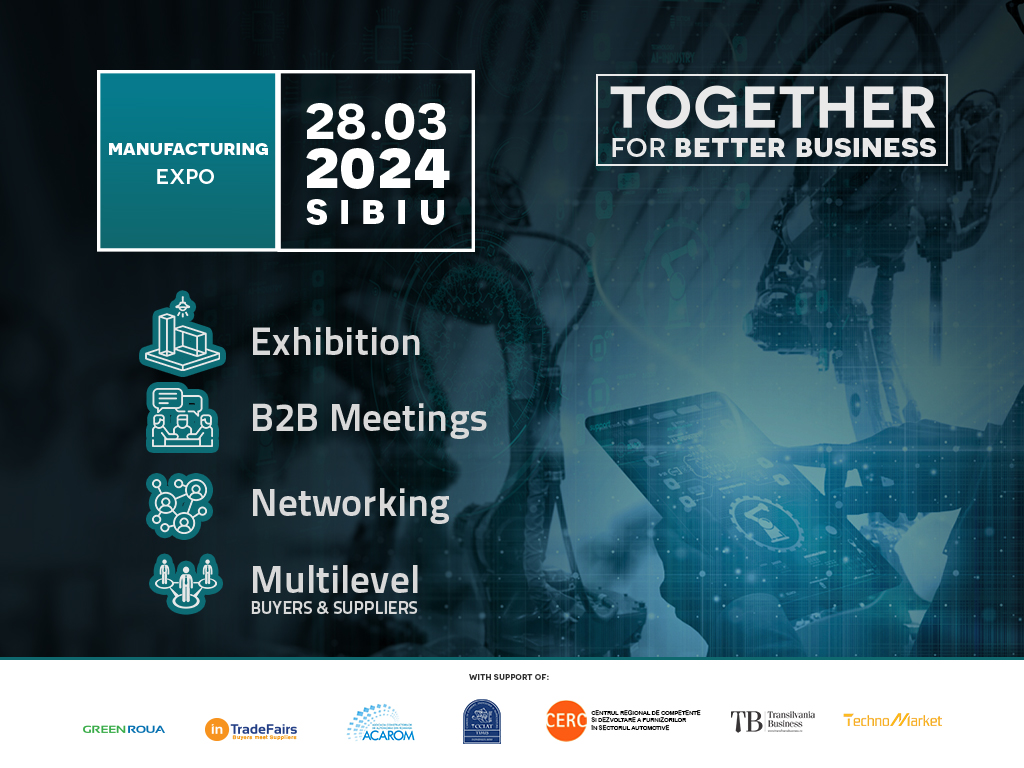[ad_1]
The Internet of Things (IoT) is a technological revolution that has enabled everyday objects and devices to connect and exchange data with each other seamlessly. This technology is transforming industries and changing the way businesses operate across the globe. The ability of IoT to gather and analyze vast amounts of data has opened up new opportunities for industries to improve efficiency, reduce costs, increase productivity, and promote sustainability. In this article, we will explore some real-world examples of how IoT is transforming industries.
Manufacturing
The manufacturing industry is utilizing IoT to improve efficiency, reduce waste, and optimize production processes. IoT sensors are being deployed across the production line to monitor machines and equipment, track inventory, and monitor energy usage. These sensors provide real-time data that enables plant managers to detect and diagnose problems before they occur, resulting in less downtime, reduced maintenance costs, and increased output.
Healthcare
IoT is transforming the healthcare industry by providing better patient care, improving medical outcomes, and reducing costs. Wearable devices are being used to monitor patients’ vital signs, track medication adherence, and identify potential health issues. This real-time data collection allows healthcare professionals to provide personalized treatments and make informed decisions that result in better patient outcomes.
Transportation
The transportation industry is utilizing IoT to enhance safety, reduce traffic congestion, and optimize route planning. IoT sensors are being embedded in vehicles, traffic signals, and roads to provide real-time data on traffic patterns, weather conditions, and road conditions. This data enables transportation companies to optimize routes, improve vehicle maintenance, and reduce fuel consumption.
Agriculture
IoT is transforming the agriculture industry by improving crop yields, reducing water usage, and increasing sustainability. Smart sensors are being deployed in fields to monitor soil moisture, nutrient levels, and weather conditions. This real-time data enables farmers to optimize planting, irrigation, and harvesting, resulting in higher crop yields and reduced water usage.
Retail
The retail industry is also benefiting from IoT by improving customer experiences, increasing sales, and enhancing operational efficiency. IoT sensors are being used to track consumer behavior, monitor inventory levels, and optimize store layouts. This data enables retailers to provide personalized shopping experiences tailored to each customer’s preferences while reducing waste and improving operational efficiency.
Conclusion
The examples mentioned above highlight the enormous potential of IoT to transform industries and change the way businesses operate. By providing real-time data, IoT enables businesses to make more informed decisions, improve efficiency, and reduce costs. As the technology continues to evolve, we can expect to see even more innovative use cases in a wide range of industries, from education to sports and entertainment.
[ad_2]

